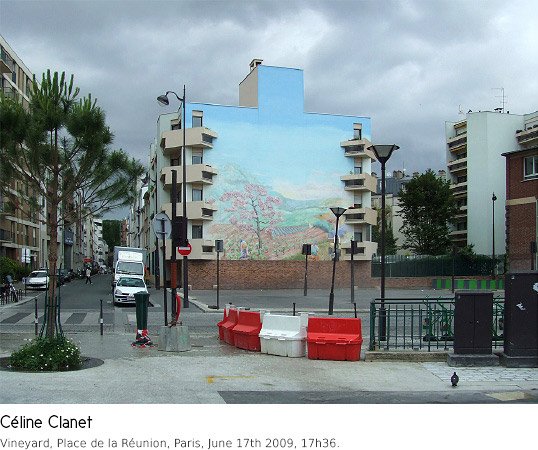 I recently received a copy of War is Only Half the Story, Volume II, a publication by The Aftermath Project run by the photographer Sara Terry. The Aftermath Project is a non-profit organization that aims to tell "the other half of the story of conflict" through photographs of post-conflict situations. This latest publication includes work by the winner (Kathryn Cook) and finalists (Natela Grigalashvili, Tinka Dietz, Pep Bonet and Christine Fenzl) of their 2008 grant.
I recently received a copy of War is Only Half the Story, Volume II, a publication by The Aftermath Project run by the photographer Sara Terry. The Aftermath Project is a non-profit organization that aims to tell "the other half of the story of conflict" through photographs of post-conflict situations. This latest publication includes work by the winner (Kathryn Cook) and finalists (Natela Grigalashvili, Tinka Dietz, Pep Bonet and Christine Fenzl) of their 2008 grant.
A lot has been written (some on this blog) about the desperate state of photo-journalism as both newspapers and magazines continue their steep decline. A number of reports from the recent Visa pour l'image festival in Perpignan stopped just short of saying that photo-journalism is a dying profession. The situation is bad in many ways—photographers have fewer and fewer outlets for in-depth stories—but I think that it is precisely because it is so dire that initiatives like the Aftermath Project are sprouting out from within the cracks. Dispatches magazine is another great example of an initiative that produces in-depth and in-context stories.
Aftermath is focused on post-conflict situations: a subject which is rarely considered to be newsworthy and may not have the immediate photographic gratification of the extremes of conflict. But if initiatives like these can survive, and even thrive, we won't be burying photo-journalism quite yet.
The book is on sale here. The Aftermath Project also holds a yearly grant competition open to working photographers worldwide covering the aftermath of conflict. The next deadline for applications is 2 November 2009.

 The mysterious mus-mus collective have just launched their @Paris project online. The project was based on the idea of finding out how photographers today see Paris and think about the Paris they see." There are some big names in here (Stephen Shore, Alec Soth) but also a lot of discoveries. I did find a lot of interesting material (Céline Clanet's image above is a favourite), but overall I felt slightly frustrated. Paris has become a difficult city to photograph because of its past, but for me, as a group, these photographs did not sufficiently get under the skin of the city. The website also includes texts by Darius Himes and Ulrich Baer, which are worth a read.
The mysterious mus-mus collective have just launched their @Paris project online. The project was based on the idea of finding out how photographers today see Paris and think about the Paris they see." There are some big names in here (Stephen Shore, Alec Soth) but also a lot of discoveries. I did find a lot of interesting material (Céline Clanet's image above is a favourite), but overall I felt slightly frustrated. Paris has become a difficult city to photograph because of its past, but for me, as a group, these photographs did not sufficiently get under the skin of the city. The website also includes texts by Darius Himes and Ulrich Baer, which are worth a read.